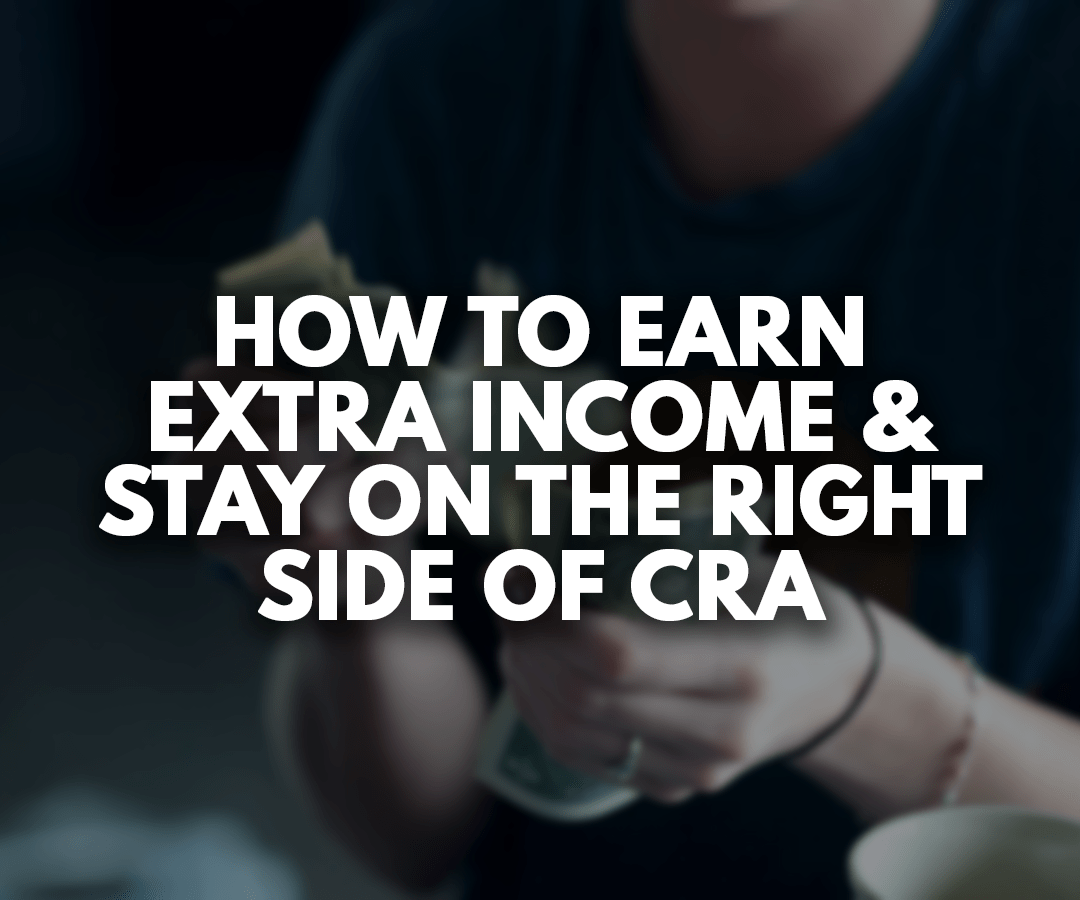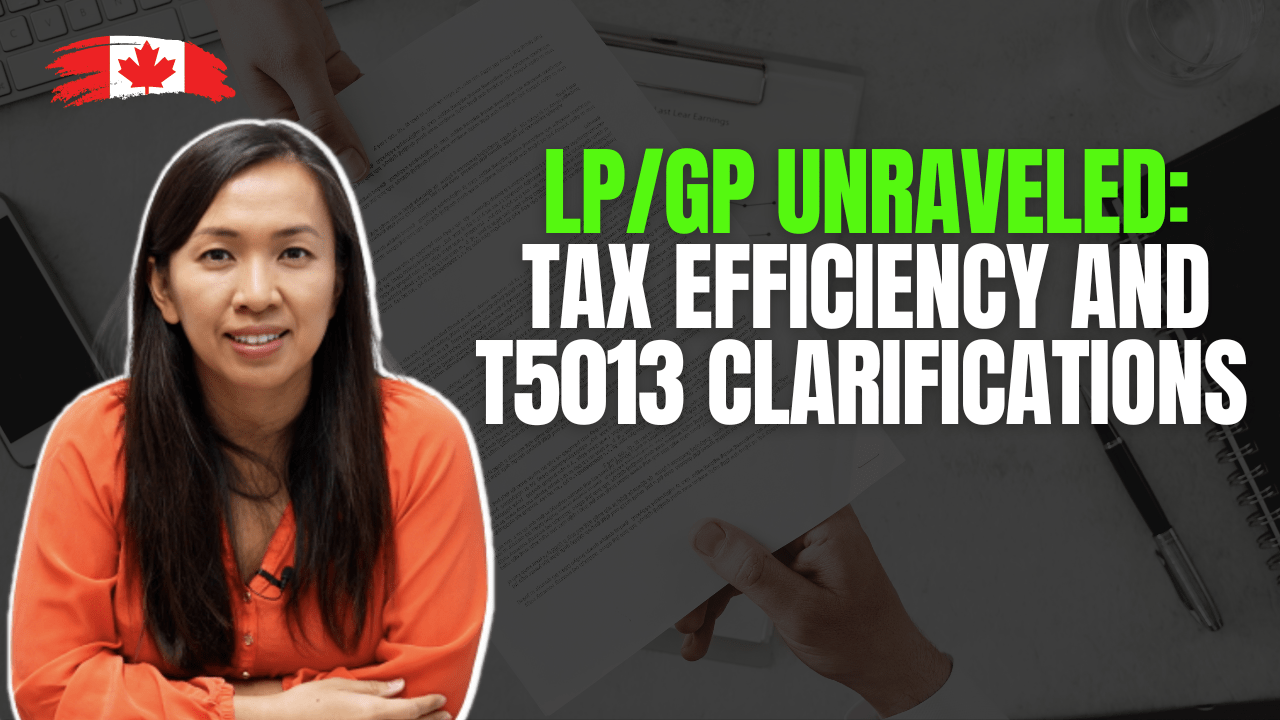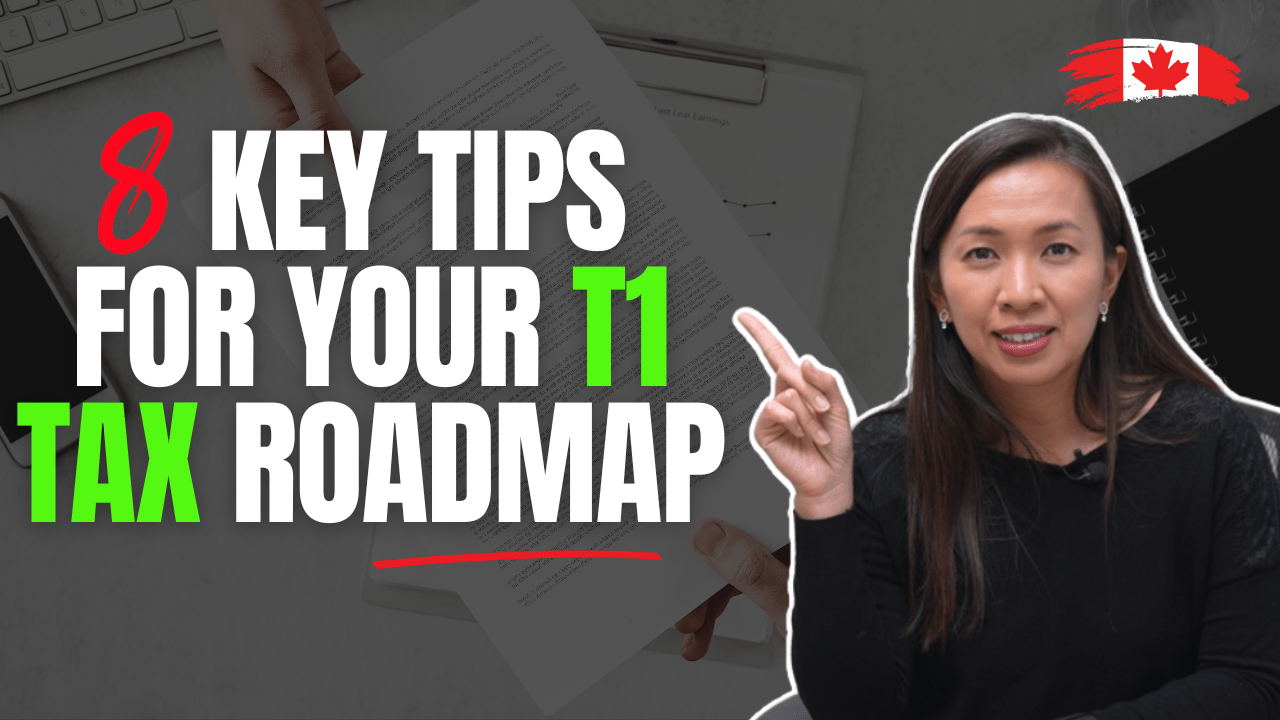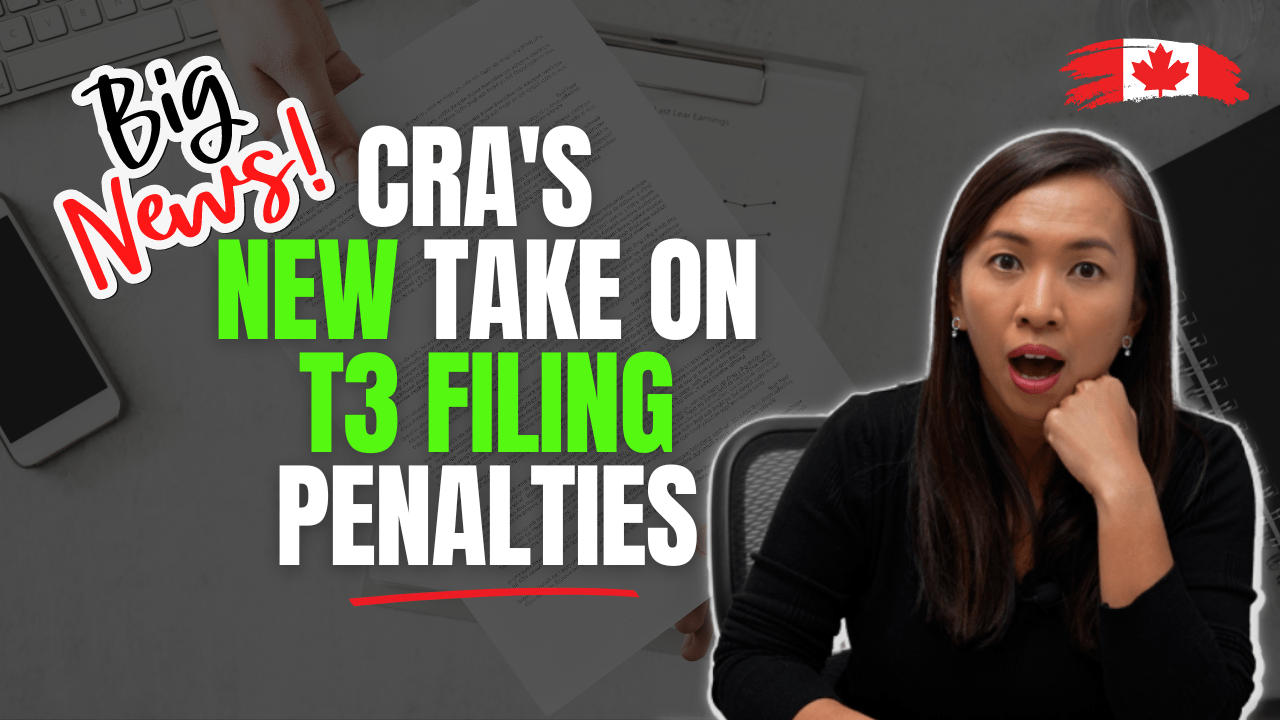We build businesses in a proper corporate structure, so we get tax deductions and pay less tax.
We invest in real estate because it creates long-term wealth.
We trade stock options because it adds short-term cash flow.
We purchase a whole life insurance policy and leverage it to grow two assets at the same time – to provide a safety net for my kids and grow a secured tax-free asset.
We buy cryptocurrency to provide a hedge against money printing.
Making money is not easy, getting ahead in Canada is even harder. After all, CRA always has its hand in our pockets.
We, as Canadians, are required to report worldwide income.
Here’re the tax implication on these side hustles that you might think you could get away with…
- Cryptocurrency
Many real estate investors commit to purchasing pre-construction homes. But they decide to assign the agreements to make a quick profit before closing.
As a result, CRA was unable to track down the assignment deals completed. They did not know if the taxpayers had reported the profit properly.
And so, CRA filed for a court order. The order forced major builders to provide a list of new home purchasers that had different names on the initial agreement of purchase and sale.
Same goes with crypto.
You can trade cryptocurrency anonymously. Some exchanges allow you to trade without confirming identity.
However, some exchanges do require you to provide proof of identity, date of birth, name and address.
In September 2020, CRA asked a judge to force Toronto based crypto trading platform Coinsquare to provide information about its clients since 2013.
In March 2021, CRA obtained the court order requiring Coinsquare to provide client information related to account balances that are over $20K from 2014 onwards.
It didn’t end there.
On April 1, 2021, Internal Revenue Service is granted by the US Federal Court to require a third party to provide the IRS with information about unnamed, unknown taxpayers with potential tax liability.[1]
The two governments formed a coalition to mutually exchange taxpayer information.
If you made money training crypto, make sure you report it on your income tax return.
If you hold more than $100K Canadian worth of crypto outside of Canada, make sure you report it in your T1135 of your tax return.
- Airbnb income
The problem is that the line drawn between cost sharing and earning income is not clear.
At the end of the day, the money did get deposited to your bank account.
As an accountant, I would take a conservative approach, report the Airbnb income and deduct the proportional expense.
At the end of the day, you might not have a balance owing after you deduct the proportional expense against the Airbnb income.
HST implication
HST implication on rent collected
Airbnb hosts are required to collect HST when your taxable income from commercial activities is over $30K.
If you earn over $30K from your Airbnb service, you are required to collect HST on behalf of the government and you are required to file a HST return on a regular basis.
Just because you earned less than $30K Airbnb income, it does not mean that you don’t have HST exposure from your Airbnb income.
If you also operate a business in your name while earning Airbnb income, chances are, you might still have HST impact.
HST implication on sale of Airbnb
When you sell a property that you operate commercial business at, the property is considered a commercial property in the eyes of Excise Tax Act.
If you operate Airbnb at a property 365 days of the year, you might have a HST payable when the property is converted back to a regular residential property.
You might be able to take advantage of an exception if you rent out your Airbnb for 60 days consecutively.
Make sure you consult with a qualified accountant to understand your tax implication
- Uber income (ridesharing, rental of bikes or boats, food deliveries)
Ever since Covid lockdown started in March 2020, I relied on Uber Eats quite a bit.
I’m grateful for all the Uber drivers out there, helping me deliver the food and contributing to help local restaurants delivering the food.
If you’re one of the Uber drivers out there, you are required to report income.
Similar to Airbnb income, you have income tax filing responsibility and HST obligation as well, depending on how much you make.
The good news is that you are eligible to deduct the portion of expenses incurred to earn the income. This includes the business portion of gas, car maintenance, insurance, lease payments or even interest on money borrowed to purchase the car.
Again, you might not end up having business income and paying taxes on it after all the eligible deductions.
- Influencer on social media
We have all read the news about how much the Kardashian’s sisters charge for each Instagram post (if you don’t know, it’s just under USD$1M per post according to some random news article I saw).
I have no way to find out if it is true.
You might not make as much as Kylie Jenner, but you might still make some money from sponsorship and endorsement. You can also build your following with growth services. This Ampfluence comparison guide can help you to choose the growth service option that’s best for you – keeping up with the Kardashians is hard, but you won’t be far befind them with some clever social media tricks. You might even make money from producing content on YouTube.
CRA released their position that all money made from being influencer on social media is taxable.
You might even have HST implication as well.
If I make any money from my blog, according to CRA, I would also need to report my income as well.
Make sure you understand your tax implication and report it accordingly.
- Reselling goods on Kijiji, eBay and Facebook Market Place to make a profit
Selling goods on eBay, or any platform, with the intention to make a profit is considered conducting a business. This also means that all the profit you made is considered taxable.
This is old news. In fact, CRA already obtained court order to get sellers’ information from eBay and PayPal back in 2007.
Similar to the Airbnb income mentioned above, you have both income tax and HST exposure when you resell goods on online platform for profit.
At the end of the day, if you’re required to pay tax, chances are, you’re making money.
Yes, CRA has its hand in your pocket all the time, if you make profit. Tax is a cost of doing business in our beautiful country.
Just make sure you understand how to structure your side hustles and investments in the most tax efficient manner.
Until next time, happy Canadian Real Estate Investing.
Cherry Chan, CPA, CA
Your Real Estate Accountant






Crypto
For the cryptocurrency section I only agree with 1 of the points made in the article. I agree if you convert your crypto into Canadian dollars then yes report it on your income tax return. If I convert my crypto into another crypto, or how much I own in crypto it’s non of the governments business!
Trevor
Hi Cherry,
I have really enjoyed reading your blog posts. I would love to hear more about why you recommend a whole life insurance policy over a term life insurance policy.
– T